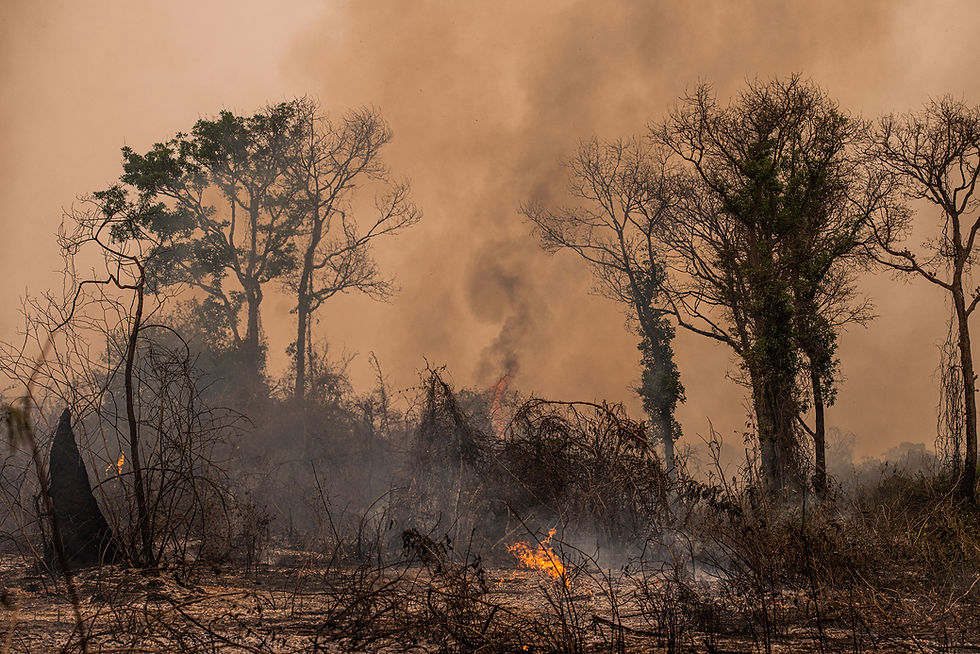Wildfire-Resistant Landscaping: How to Protect Your Home Naturally
- May 11, 2025
- 2 min read

As we head into the warmer, drier months here in Santa Fe, wildfire season becomes a very real concern for many homeowners. With rising temperatures, unpredictable winds, and extended drought conditions, it’s more important than ever to think not just about how your yard looks—but how it functions when it comes to safety.
At Desert Rose Landscape, we believe that beauty and resilience can go hand-in-hand. That’s why we’re sharing practical, region-specific strategies for creating a fire-wise landscape that helps protect your home while preserving the natural beauty of Northern New Mexico.
1. Create Defensible Zones
The first step in fire-resistant landscaping is to create zones around your home that act as buffers:
Zone 1: 0–5 feet from your home
Keep this area lean and clean. Avoid combustible mulch, wood piles, or dense shrubs. Use gravel, flagstone, or bare earth where possible.
Zone 2: 5–30 feet
Thin vegetation and create separation between trees and shrubs. Keep grass mowed low and prune trees up 6–10 feet from the ground.
Zone 3: 30–100 feet
This zone can be more natural, but still needs maintenance. Space trees and remove ladder fuels—anything that can carry fire from the ground into tree canopies.
2. Choose Fire-Resistant Native Plants
Santa Fe’s high desert climate is perfect for low-water, slow-burning native plants. Some great options include:
Apache Plume (Fallugia paradoxa)
Desert Marigold (Baileya multiradiata)
Penstemon varieties
New Mexico Privet (Forestiera neomexicana)
Yucca and Agave species
These plants have high moisture content, low resin, and tend not to accumulate dead material—making them less likely to ignite.
3. Skip the Wood Mulch
Wood mulch might look nice, but it’s highly combustible. Instead, consider:
Crushed gravel or decomposed granite
River rock or lava rock
Flagstone pathways
These materials not only reduce fire risk but add structure and beauty to your yard.
4. Prune, Clean, Repeat
Routine maintenance is just as important as design:
Clear dead leaves, pine needles, and other debris
Prune trees and remove low-hanging branches
Keep gutters clean and roofs clear of plant debris
5. Design With Stone, Not Wood
Swap out wood pergolas, fences, and decks near the home for stone walls, metal fencing, or hardscape features like patios and pathways. These elements can act as fire breaks while elevating your curb appeal.






Comments